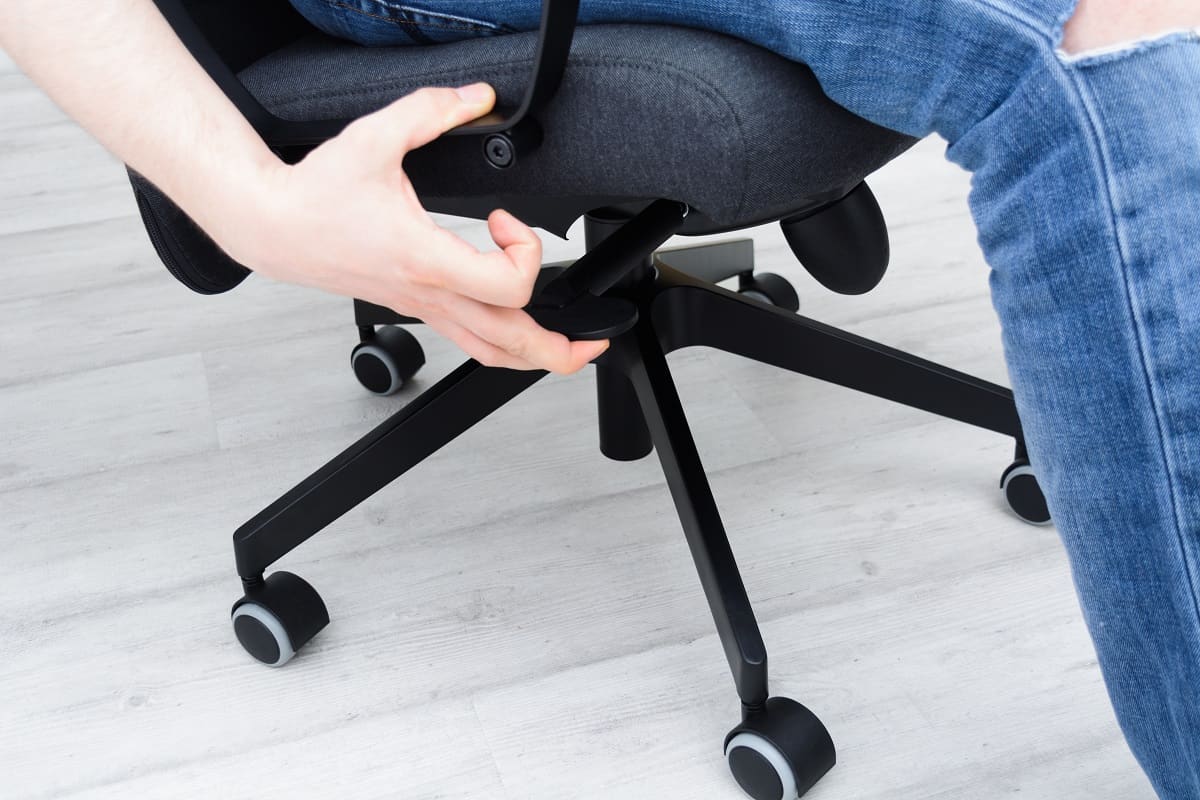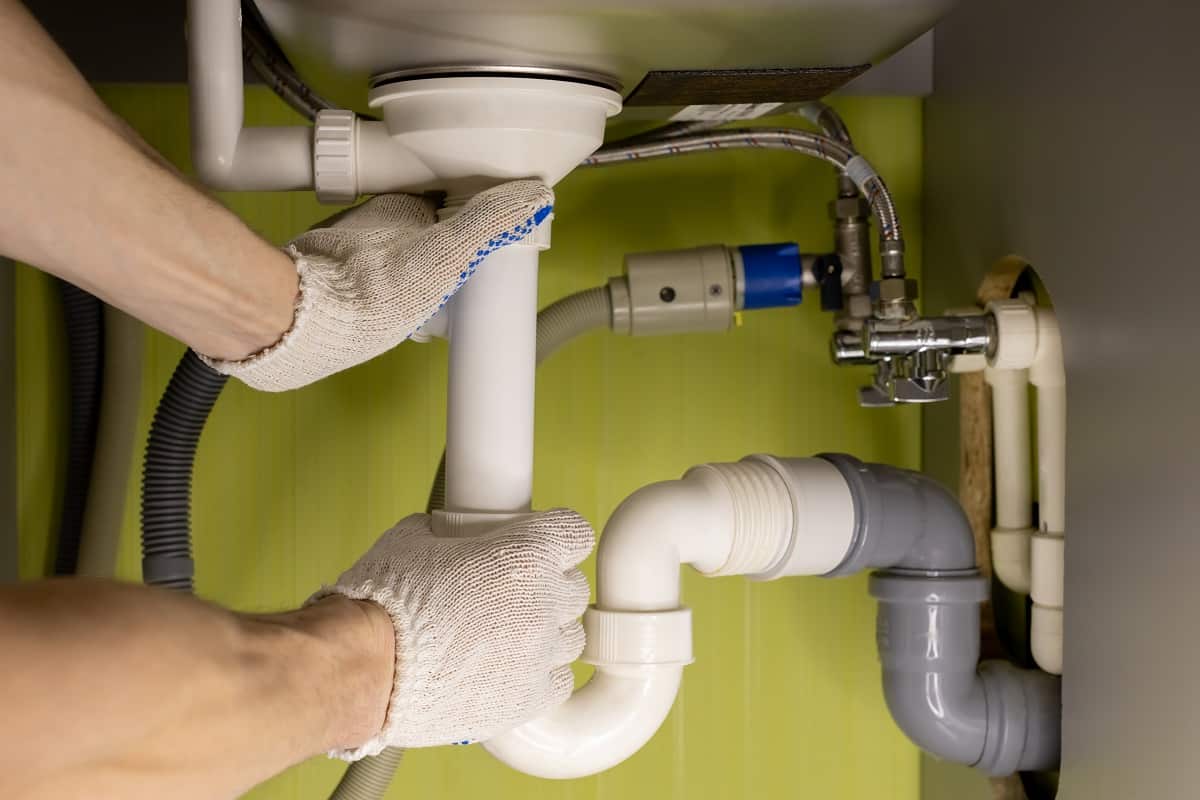Car owners should understand how important it is to choose the right oil filter for their vehicle. Most car owners will pick the oil filter based on price but choosing the wrong brand could have a bigger long-term effect than they know.
If you want your engine to work smoothly, there should be very minimum friction between all the mechanical parts inside the engine. A good oil filter will get rid of all the impurities and keep the oil clean. Dirty oil increases the friction between engine parts.
A filter can only perform to its best when built to last. In general, the difference between a good and bad oil filter is the material used. A bad brand of oil filter will oil to circulate the engine, causing significant engine.
How to Spot a Good Oil Filter and Avoid Buying a Bad Oil Filter For Your Car
It will save you lots of time and money to know the difference between a good and bad oil filter. Not only are they a waste of money, but they can also cause long term damage to your car engine. Here are some things you should look out when trying to spot the difference between a good and bad engine:
- Filter Media
The component that filters the oil is called the media. The more media there is in the canister, the longer and more efficient the oil filter will generally be. Once the media is full, the filter will stop working and that is why unfiltered oil will circulate the engine.
- Anti-Drain Back Valve
A good oil filter should include an anti-drain back valve. This component prevents oil from draining out the motor when your car is not running. A dry start could damage your engine, so not having this feature is a red flag.
- Build Quality
A good oil filter will feel heavy as it has been made using thicker steel and high-quality rubber gaskets. You will be able to physically feel the quality of your oil filter. A light flimsy product is a sign it’s a cheap and low quality filter.
- Price
Any oil filter being sold for under $5 will generally be low quality. $5-15 is the recommended price point, it will depend on the size. You don’t have to spend any more than $15, although some premium, extended life oil filters do fall in this price range.
- Effective Membrane
High-quality oil filters can include up to 50% added usable surface area of membrane. Microglass fibers are the best choice for filter membrane as it’s durable and offers low oil movement restriction. A cellulose filter will remove 20 to 40 microns and 8 to 10 microns for synthetic media.
- Non-Slip Coating
If you’re interested in a spin-on oil filter, opt for one that has a non-slip coating on the outside of the metal can. This will make changing the oil filter must easier.
7 Worst Oil Filter Brands to Avoid
Fram
Fram is popular because it’s easily available and is affordably priced. The reason they are so cheap is because the pleated filter media is thin, and the drain-back valve is made from cheap stamped metal instead of a spring.
With no spring caps and no metal clips, the seam can split open and allow oil to get inside the engine. Because the pleated designs are packed so tightly against the center tube, they will be quickly blocked up. Leaks often occur thanks to the incorrectly lined paper end discs.
Did you know:
A Fram engineer revealed that the company apply no quality control to their products.
The reason Fram is universally considered the worst oil filter brand on the market is because|:
- The pleated filter media is thin and there’s not enough of it in the filter canister.
- The drain-back valve is constructed from low priced and poor quality stamped metal
- The outer wall media is much thinner than alternatives available on the market.
- Their oil filters have cardboard endcaps
- Famous for lack of quality control
- Poorly formed threading in the filter base leaves strands of metal behind
- Low quality paper filtration media
- Paper end discs are not corrected centered on the elements
- Inconsistent curling of paper resin
Franz
Franz’ oil filters have been compared to a roll of toilet paper. They use just 2 oil line and a canaster with a replaceable element. The quality is simply too low to do an accurate job of filter the oil in your engine.
The general consensus is that a Franz filter consists of a chrome plated can that held a roll of toilet paper that served as the filter. Other issues include holes developing, which means these filters have a very low lifespan.
Premium Engine
The Premium Engine Protection Cartridge Oil Filter fails to meet the brand’s promises. Users have found that this filter only offers 5,000 miles run between oil changes. Although on paper this filter is budget-friendly, it needs to be changes double the amount of the competition.
Another regular complaint against this brand is that it doesn’t match with a white threaded adapter. This means it can’t be used as part of a replacement kit.
Pentius
Pentius is not an oil filter suited to recent models of car. Although advertised to suit all vehicles, their oil filter only really works with late-model vehicles like GM, GCA and Ford. Users have also complained that the images show the filter as being much filter than they actually are.
Their oil filters are not durable, with many car owners finding the rubber gasket and valve weakened from heat exposure. The coil springs aren’t sturdy, often breaking or becoming damaged. Sadly, this brand’s filters can’t maintain the heavy cold oil flow.
Manufacturer Brands
Any engine or car company will usually also make oil filters. They are intended to be used with other products in their range, adapted specifically to their engines. Many car owners have advised against using these filters.
They will be more expensive than alternatives on the market yet deliver less quality. You are paying for the brand name, rather than the quality they deliver. Although the quality of the filter will depend on the brand, the general consensus is that they’re overpriced.
Service Champ
Their low budget filters are much smaller than alternatives of the market. The reason it is so affordable is because it’s made using low-quality materials. Many report that there has been no consideration to the bypass valve setting or media size.
Not only does this filter last for less than 5000km, but it will do an inferior job of protecting your engine. One review even says, “If you don’t care about your engine, then this is the filter to use.”
Luberfiner
Manufactured by Champion Laboratories, they are basically the same as the Service Champ filter. These filters are economy in both price and quality. Made using cheap cellulose media, fiber filter end caps, a plastic cage reinforcing the media instead of a metal tube; and a nitrile combo valve that doubles as a bypass valve and an anti-drainback valve.
These oil filters have been reported to last for barely 5000km, severely underperforming in comparison to other filters available on the market. If you do have to use this filter, we recommend quickly changing it when possible.
Best Oil Filter Brands We Recommend
When researching the brands you should avoiding when buying an oil filter, we have found five brands that will not damage your car. Here are five oil filter brands definitely worth your time and money.
Royal Purple
Royal People is a fantastic brand if you’re on a budget but still want quality. They have filters for oil/gas or diesel/fuel. If you don’t know what type of engine you have, these are compatible with all of them. Royal Purple have 1000% synthetic micro-glass media, which removes hazardous particles and offers durability.
Purolater
Purolater offers value for money without compromising on quality. Created using a premium silicone anti-drain back valve, metal bypass valve, end caps and metal center tube they have been designed for high performance engines. The lack of wire backing will help maintain structural integrity. The synthetic blend is easier to mold and more stable than alternatives on the market.
Did you know:
Purolater have been around for over 90 years and know what customers want.
AMSOIL
AMSIL has been delivering industry-leading oil filters since 1972. You’ll be able to use this filter for at least 15,000 miles or 1 year before it needs changing. AMSOIL work using metal and silicone components alongside wire backed synthetic media, which offers an amazing 98.7% filtration efficiency at 20 microns.
Bosch
Their oil filters stand out with a 99.9% filtration efficiency. Particles as tiny as 20 microns will get caught in the cellulose and glass blended media. Their filters are 42% larger and 30% thicker to ensure they perform to a high standard. Their filters are unique, as the bypass spring has been built into the end cap. The gasket design is pre-lubricated to ensure a hassle-free and tight fit to the engine.
Mobil 1
Mobil are huge name in the American oil industry and have been around for over a century. Their oil filters have a 99.6 efficiency at 25 microns thanks to the synthetic media material used. It can hold up to a staggering 29 grams of contaminants, doubling many alternatives on the market. Mobil 1 oil filters come with a premium silicone anti-drain back valve, which stops oil from pouring back into the filter once the engine stops running.
FAQ
How to Buy the Right Oil Filter For Your Car
With so many options available on the market, it can be overwhelming knowing the best oil filter for your car. Here are our tips on choosing the best oil filter for your needs and your vehicle.
- Decide on the type of oil filter you need. You should consider if you need a specific type or design of filter. Some vehicles are more versatile, so you can choose a high-powered oil filter that works best for your needs.
- Size of design. Aside from the type of filter, you will need to check the size you need before purchasing the filter. Choosing the wrong size can cause long term engine issues, so always read the manual, or check your current filter.
- Take a closer look at the filter itself. Looking at your existing filter will help you better understand what you need. It will help you determine the current quality, thickness, and size. Also consider the number of pleats it has.
- Look online. Some retailers offer oil filter tools that make it easier to find the right product for your car. Input information about your vehicle like make, model and year to get help choosing the right fit.
How do I know when to change my filter?
Your car will let you know when you need to change your filter. Whether this is because of a faulty oil filter or due to natural clogging. If you have a clogged or faulty filter, it could leave your engine at risk of failure. This why it’s important to understand how to spot the symptoms of a bad or clogged oil filter.
- The oil pressure warning light will come on your dashboard. Even if the warning light only occasionally appears, you should check the filter on it.
- If our oil pressure is lower than normal, usually displayed on the oil pressure gauge, we recommend looking at the oil filter. Driving with low oil pressure could lead to total engine failure. If there is not enough oil in the system, the dirty filter can be causing a restriction or there could be an issue with the pump.
- If oil can’t flow around the engine due to a clogged filter, it will become very noisy. This is because the metal components will grind together and cause a loud friction. Metallic noises are a sign something is wrong with your filter. If left unchecked, the engine could get damaged.
- A clog oil filter can cause high oil pressure. High oil pressure is better than low pressure, although neither is recommended.
- If you noticed that there is an external oil leak coming from the engine or the oil filter, you will need to replace it.
- If oil isn’t correcting passing through your filter, you may smell burning oil as it passed into the exhaust pipe. This will lead to black or dirty looking exhaust fumes.
Did you know:
There is no universal oil filter because the car manufacturers specify the weight of the oil that is needed for the engine design.
Can I reuse my old oil filter?
No. We don’t recommend re-using oil filters or buying second-hand oil filters. The paper filter media can deteriorate when exposed to oxygen. Once broken down, it will become too porous to filter the oil. As the media shreds fibers, the fiber can clog up the filter. The rubber seals and gaskets will also dry out over time, causing the oil to seep out. A clogged up or leaky oil filter will seep into the engine, making it messy and becoming a fire hazard.
Also Read:










